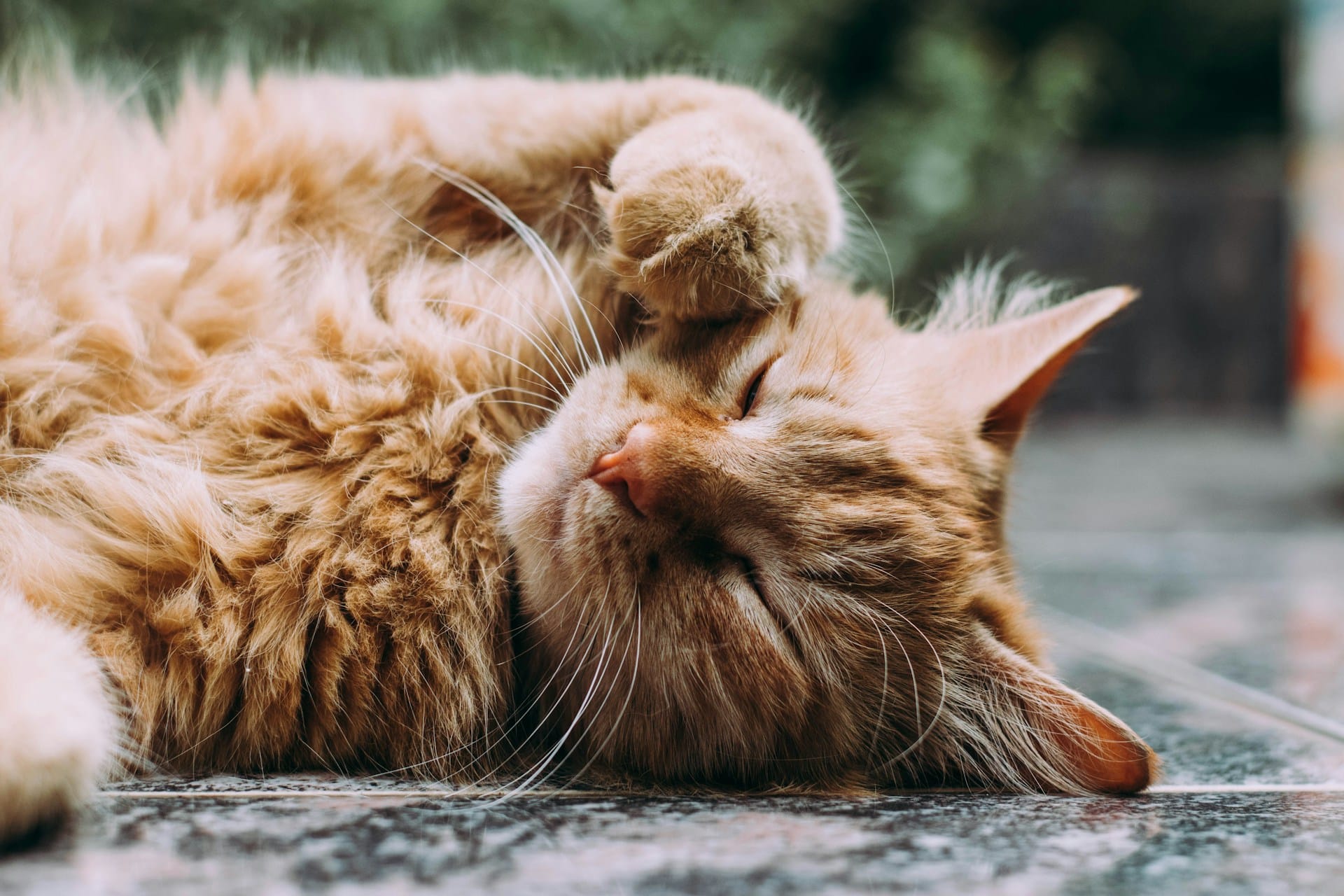As pet owners, you’re probably familiar with the unique, often perplexing behaviors of your feline friends. One of these behaviors is spraying. This habit can certainly be irksome, especially when it happens indoors. It is thus crucial to understand why cats engage in this behavior and how to stop them. In this article, we will delve into the reasons why cats spray and provide you with effective strategies to discourage this behavior and help your pet feel more secure in their territory.
Understanding Cat Spraying
Before we determine how to stop a cat from spraying, it’s essential to understand what exactly it is and why it occurs. Cats spray as a normal part of their communication. It’s a form of scent-marking, where they release small amounts of urine in certain areas to establish their presence. It’s important to realize that spraying is different from regular urination, where a cat will squat to pee in their litter box.
En parallèle : How to safely travel long distances with your pet?
Despite being a natural behavior, spraying can be frustrating when it happens inside your house. It can make your house smell like cat urine, which is neither pleasant nor hygienic. But why do cats spray indoors? There are several reasons, including stress, territorial disputes, or health problems.
How Stress Influences Cat Spraying
Stress is a major factor that can lead to cats spraying indoors. Various factors can lead to stress in your pet, such as changes in the household, the introduction of a new pet, or even switching their food or litter. Cats thrive on routine and predictability, so any significant changes can cause them to feel threatened or insecure, leading them to spray as a way of reclaiming their territory.
Avez-vous vu cela : What are the health benefits of owning a pet?
To help a stressed cat, it’s important to identify and eliminate the cause of the stress, if possible. If it’s not possible, you can help your cat manage their stress through various techniques. These can include using pheromones diffusers, which mimic the natural facial pheromones cats use to mark their territory, thus making them feel more secure.
The Role of Territory in Cat Spraying
Just like wild cats, domestic cats are also territorial creatures. They use scent marking, including spraying, to communicate with other cats and establish their territory. When a new cat or pet is introduced into the house, it can disrupt the existing cat’s perception of their territory, leading them to spray more frequently.
To manage this, try to introduce new pets gradually and in a controlled manner. This can help to minimize any territorial disputes. You can also provide multiple resources (like food bowls, beds, and litter boxes) in different areas of the house to reduce competition and help your cat feel more secure in their territory.
Health Problems that Lead to Spraying
While stress and territorial marking are the most common reasons for spraying, it’s also possible that health problems could be causing your cat to spray. Urinary tract infections, bladder stones, and kidney disease are just a few health issues that can lead to spraying.
If your cat suddenly starts spraying, it’s a good idea to consult a vet to rule out any underlying health problems. The vet will carry out necessary tests and provide treatment if a health issue is identified.
Effective Strategies to Stop Cat Spraying
Now that we understand why cats spray, let’s look at some practical strategies to stop this behavior. Firstly, make sure your cat’s environment is as stress-free as possible. This includes maintaining a consistent routine and minimizing changes.
You should also clean the areas where your cat has sprayed thoroughly with a pet-friendly enzyme cleaner. This will help to remove the smell and discourage them from spraying the same area again. Additionally, providing multiple litter boxes in quiet, easily accessible locations can also encourage your cat to use the box instead of spraying.
Lastly, if your cat continues to spray despite your best efforts, consider seeking advice from a professional animal behaviorist. They’ll be able to provide more specific strategies based on your cat’s individual needs and circumstances.
Remember, it’s important to be patient and understanding. Spraying is a natural behavior for cats, and it can take time to change this habit. By understanding why your cat is spraying and using these strategies, you can help them feel more secure and stop the need for spraying indoors.
The Importance of Neutering or Spaying Your Cat
Neutering or spaying your cat is also a fundamental element to consider when trying to stop a cat from spraying indoors. It’s important to note that both male and female cats can spray, but male cats are more likely to engage in this behavior. Unneutered male cats are notorious for their spraying habits. They often use urine spraying as a way of marking their territory and signaling their availability to females.
Neutering, therefore, can significantly reduce or even eliminate this spraying behavior. This is because the operation removes the male cat’s testicles, which produce the hormones that drive their urge to spray urine. Neutering can also prevent other behavioural problems, such as aggression and wandering, and can protect your male cat from testicular cancer and prostate problems.
Spaying, which is the removal of the ovaries and uterus in a female cat, can also help reduce spraying behavior, although it’s less common in female cats. Spaying also has health benefits for your female cat, such as preventing uterine infections and breast cancer.
However, remember that neutering or spaying won’t guarantee an end to spraying, especially if the habit has already been established over a long period. It’s recommended to neuter or spay your cat before they reach sexual maturity, which is usually between four and six months of age.
Conclusion: Patience and Consistency
While dealing with a cat that sprays indoors can certainly be frustrating, it’s crucial to approach the issue with patience and understanding. Remember, spraying is a natural behaviour for felines, an integral part of their communication. Therefore, you’ll need to take the time to understand what your cat is trying to communicate through their spraying behavior.
Be consistent in applying the strategies outlined above. Keep their environment stress-free, regularly clean the sprayed areas with a pet-friendly enzyme cleaner, provide multiple litter boxes in quiet areas, and consider spaying or neutering your cat if they haven’t already been.
If the spraying continues despite your best efforts, don’t hesitate to seek professional help. An animal behaviorist or your vet can provide you with more tailored advice and strategies based on your cat’s individual needs and circumstances.
Finally, remember that your pet isn’t spraying to annoy you. They’re just trying to communicate their feelings or mark their territory. By understanding your cat and their needs, you’re taking a significant step towards fostering a happier, more secure environment for them, and ultimately, stopping the need for spraying indoors.











